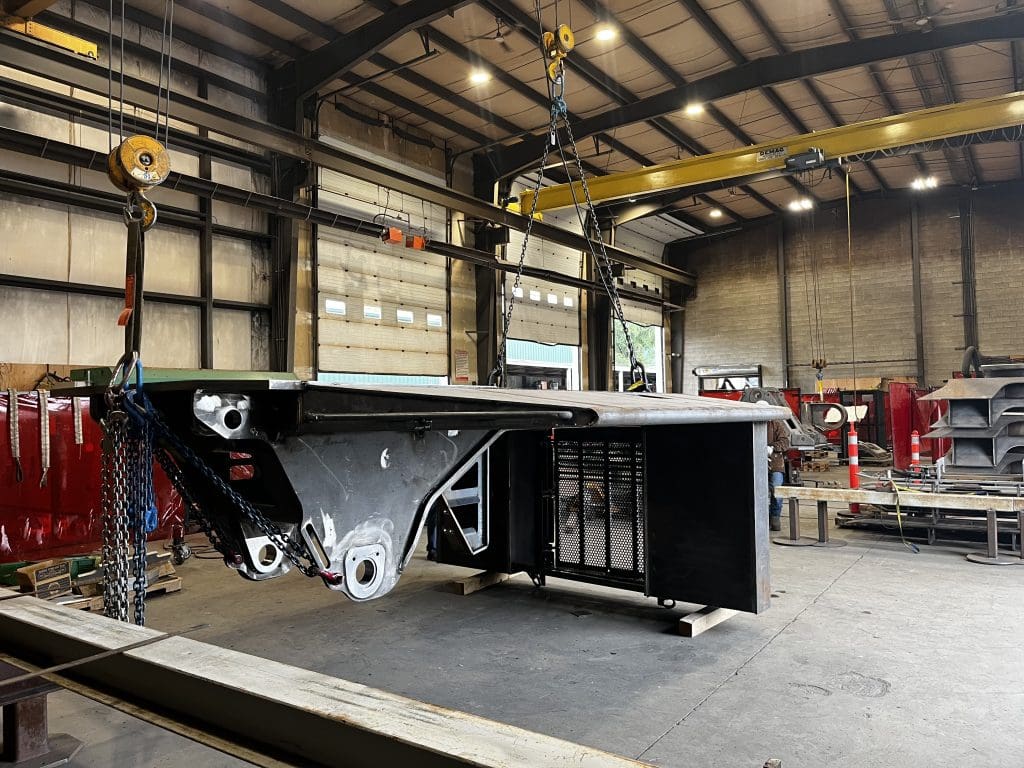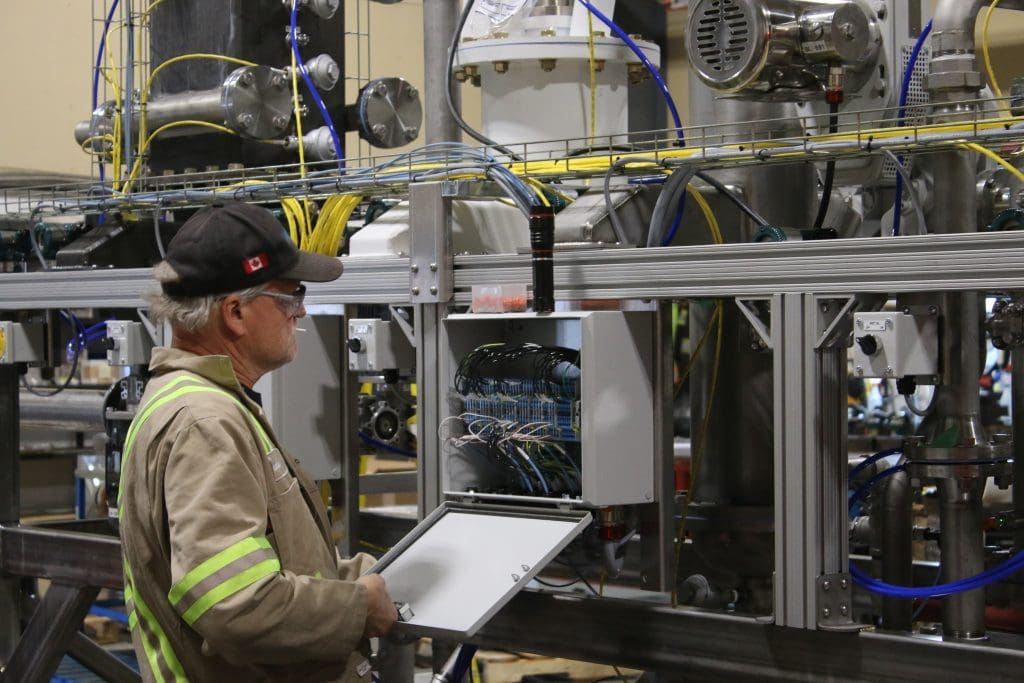In the ever-evolving landscape of global manufacturing, US companies continually seek strategic
partnerships that enhance their competitiveness, quality, and efficiency. One such strategic
decision involves selecting the right manufacturing and machining partners. While many US
businesses look towards domestic or overseas options, there’s a compelling case for considering
Canadian manufacturing companies. Let’s dive into why US firms should look north of the border, focusing on
safety, skill, and cost.

Unmatched Safety Standards
Safety is paramount in any manufacturing environment. It influences not only the well-being of
the workforce but also the quality and reliability of the output. Canadian manufacturing and
machining companies are renowned for their rigorous adherence to safety standards. Canada’s
occupational health and safety regulations are among the strictest globally, ensuring that
companies maintain a safe working environment. This commitment to safety reduces the risk of
workplace accidents, which can lead to production delays, increased costs, and, most
importantly, harm to employees.
By partnering with a Canadian company, US businesses can benefit from this culture of safety,
which often translates into higher quality products, fewer delays, and a more reliable
manufacturing process.
Intellectual Property Protections
Canada is renowned for fostering innovation, particularly within its manufacturing sector. This
innovation is supported by a robust intellectual property (IP) framework, ensuring that new ideas
and products are well-protected. In 2018, Canada acceded to the Hague Agreement, enhancing
its international IP commitments. Additionally, the country has agreed to join several other key
international IP treaties, such as the Madrid Protocol, the Singapore Treaty, the Nice Agreement,
and the Patent Law Treaty. These agreements facilitate the protection of IP rights across borders,
making Canada an attractive destination for innovation-driven industries.
The Canadian government’s commitment to improving its IP regime, by reducing administrative
burdens and streamlining procedures, offers businesses a competitive edge. This environment not
only encourages local innovation but also attracts foreign companies seeking strong IP protections for their innovations. For U.S. companies, partnering with Canadian firms means
benefiting from this comprehensive IP protection landscape, ensuring that their innovations are
safeguarded and their competitive advantage maintained.
Cost-Effective Solutions
Cost is a crucial factor in any business decision, and manufacturing is no exception. Canadian
companies offer competitive pricing, often due to the favorable exchange rate between the US
and Canadian dollar. This cost advantage can provide US companies with more budget-friendly
options without compromising quality or lead times.
Moreover, proximity plays a significant role in reducing costs. Compared to overseas suppliers,
Canadian companies offer logistical advantages, such as shorter shipping times and lower
transportation costs. The ease of communication due to similar time zones and the absence of
significant language barriers further contribute to smooth operations and potential cost savings,
especially when partnering with a one-stop shop that offers build-to-print manufacturing from its
advanced engineering and CNC machining support.
There are also agreements in place for North American companies, such as the Canada-United
States-Mexico Agreement (CUSMA) which serves to increase economic ties between Canada
and the United States. Having trade agreements in place creates a more robust and reliable
supply chain between countries, resulting in Canada being more attractive to investors from the
United States due to enhanced investor protection, reduced tariffs, and increased market access.
The Economic Importance of Skill
Manufacturing is a vital pillar of Canada’s economy, employing 1.7 million people and
significantly contributing to the nation’s GDP. The sector spans various industries, from
transportation equipment to food and machinery, playing a crucial role in innovation and export
activities. Canada’s manufacturing industry not only supports direct employment but also has a
broad impact on the country’s overall economic health, influencing a range of other industries
that depend on manufacturing for inputs and services.
This sector’s success is deeply intertwined with its skilled workforce, which is essential for
fostering growth, driving innovation, and maintaining global competitiveness. The availability of
a well-educated and skilled labor pool in Canada provides a strong foundation for manufacturing
firms to thrive, innovate, and compete globally. For U.S. businesses, this presents a compelling
opportunity to collaborate with Canadian manufacturers, leveraging the country’s robust
workforce and innovative manufacturing landscape for mutual growth and success.
Concluding
The strategic benefits of partnering with a Canadian manufacturing company are multifaceted
and significant for U.S. firms looking to enhance their competitive edge. From the
cost-effectiveness highlighted by Canada’s favorable business environment to the robust
intellectual property protections that safeguard innovation, the advantages are clear. By tapping
into Canada’s manufacturing strengths, U.S. businesses can leverage these benefits to foster
innovation, reduce costs, and access skilled workforces, all while navigating a business
landscape that is both familiar and strategically advantageous. As the global business
environment continues to evolve, the partnership between U.S. and Canadian manufacturing
entities stands as a testament to the enduring value of cross-border collaboration in driving
economic growth and innovation.





